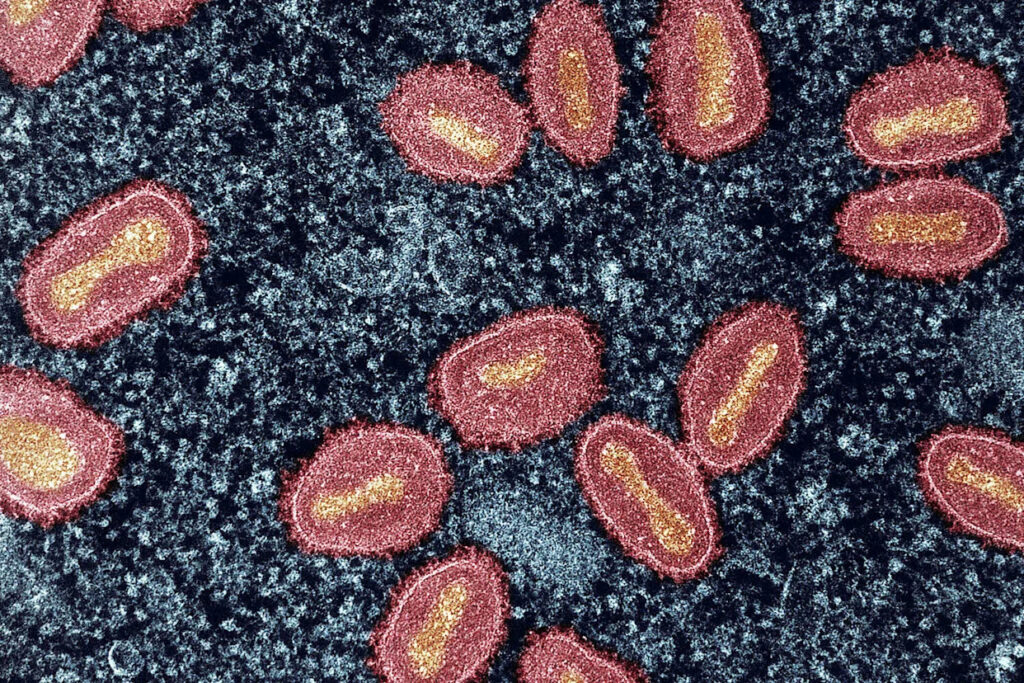Los Angeles County health officials are investigating whether a rare and potentially more severe strain of the mpox virus is spreading locally after three people were diagnosed this week with no history of international travel.
The county’s Department of Public Health confirmed that all three patients tested positive for clade I mpox, a strain that has previously appeared in the United States only in travelers exposed in Central or West Africa, where the virus is endemic.
“The confirmation of a third case with no travel history raises concerns about possible local spread in Los Angeles County,” Health Officer Dr. Muntu Davis said in a statement. He added that officials are working with state and federal partners to trace contacts and better understand how this strain may have entered the community.
All three individuals were hospitalized for treatment and later released.
Statewide Alert Issued
In response, the California Department of Public Health issued a health advisory on Friday, noting that the rare strain may be circulating among specific higher-risk populations, including gay and bisexual men. Officials emphasized that the overall threat to the general public remains low.
“As we continue to monitor the situation, it is crucial for Californians to stay informed and take preventive measures, especially persons who are more likely to be exposed to mpox,” said Dr. Rita Nguyen, the state’s assistant public health officer. She urged those at risk to complete the full two-dose Jynneos vaccination series.
Clade I mpox infections can be more severe, and experts warn that people with weakened immune systems face a higher risk of complications and hospitalization.
How Mpox Spreads and Who Is Vulnerable
Mpox causes blistering rashes, fever and swollen lymph nodes. Symptoms typically begin about a week after exposure. The virus is spread primarily through close, often intimate, physical contact. According to the World Health Organization, serious complications such as sepsis and encephalitis can occur in rare cases.
Dr. Peter Chin-Hong, an infectious disease specialist at UC San Francisco, stressed that casual contact poses little danger.
“You don’t get it from going to the gym, taking public transit or shopping for groceries. Transmission happens through very close or intimate contact,” he said.
The 2022 mpox outbreak in the U.S. — linked to clade II — was far milder compared to the clade I strain now under review in Los Angeles. While cases tied to that earlier wave continue to surface, health officials say the new cluster stands apart because of the strain and absence of travel links.
Vaccination Still Offers Strong Protection
Health authorities say the Jynneos vaccine remains effective in reducing infection risk — by as much as 86% to 89% when both doses are administered. Chin-Hong noted that even when vaccinated individuals contract the virus, their symptoms tend to be significantly milder.
Officials are encouraging people in high-risk groups, as well as their partners, to seek out vaccination if they haven’t yet completed the series.
Local and state agencies continue to investigate potential links among the three Los Angeles cases, and additional guidance is expected as the situation develops.

